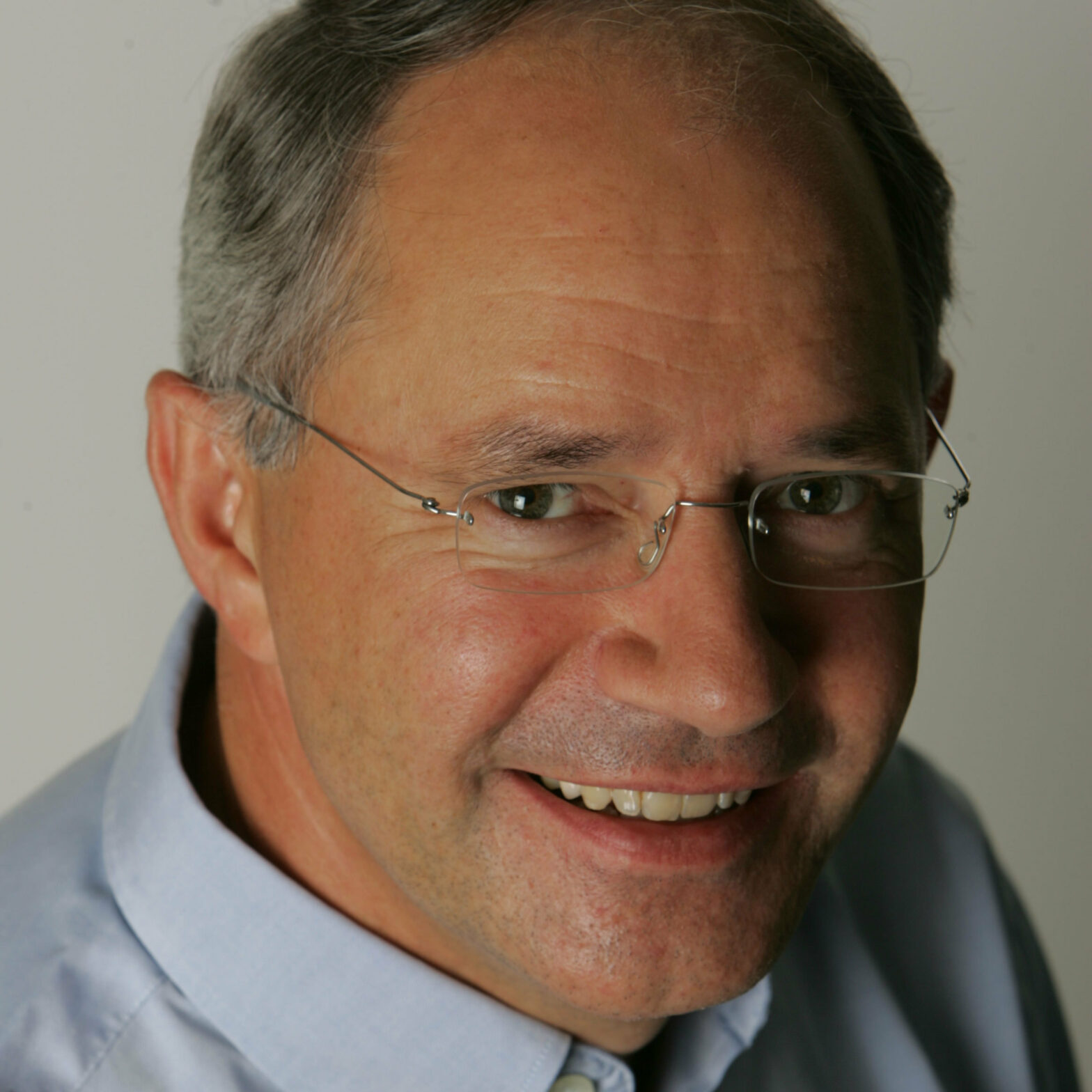The European Tech Tour Association, which organises networking events for entrepreneurs, VCs and corporates is coming to London this September. GrowthBusiness catches up with Sven Lingjaerde, who founded Tech Tour in 1998, to get his view on the state of venture capital in Europe.
Why did you start Tech Tour in the first place?
The difference between the US and Europe is that the US has hubs like Silicon Valley and Boston, whereas Europe has a little bit of activity everywhere, with much less clarity about where the centres are. If you’re a VC in Boston, you can limit yourself to companies based two hours from your office. In Europe, you either have to cover a very large territory and specialise in one sector, or you invest around your office but then you have to cover all sectors. The idea of Tech Tour was to create a kind of portable Silicon Valley.
How did you decide where to hold each Tech Tour?
We started doing single-country tours, then we switched to a regional approach. We have six regions and we visit them every three years in rotation. Since 2006, we have also been running ‘vertical’ tech tours, which are held in one place for companies all around Europe specialising in a particular field.
What’s the idea behind Tech Tour Solutions?
Tech Tour Solutions [held in London on 27 September] is about capturing the most interesting companies in certain fields. It will be attended by one-third corporates, one-third VCs, and one-third entrepreneurs. It’s called Solutions because it’s reversing the model of venture capital by putting corporates in the driving seat, so they have guided our agenda. There are four segments: disruptive technology, web/mobility, finance 2.0 and cleantech. From an entrepreneur’s perspective, it’s an opportunity to meet VCs and corporates.
There’s been a lot of uncertainty around the cleantech sector in the UK – do you still see strong growth prospects there?
It’s true that the gap is increasing between what people expected of the sector and where we stand at the moment. There is a sense that the bubble is collapsing. Internally [at Endeavour Vision, where Lingjaerde is managing partner] we haven’t done any cleantech investments for that reason. But in the next ten years, cleantech will be the place to be. Some things are happening in the industry with new technologies that will dramatically affect the way cleantech projects are conceived.
Where do you see those exciting developments in particular?
Semiconductors and new materials. The 2010 Nobel Prize for graphene [a new material extracted from graphite by researchers at Manchester University] passed most journalists by, but it will have a major impact on the future – the way we manufacture everything from cars and furniture to bottles and electrical cable. In fact, its significance has been compared to the discovery of a new kind of steel or plastic. So cleantech will happen – just not in the way we were expecting.
Do you think it’s harder for entrepreneurs to find VC funding right now, or for VCs to find entrepreneurs to back?
If you ask an entrepreneur, they will say the problem is the money; if you ask an investor, they’ll say it’s the entrepreneurs. This has always been the case. There is clearly less capital available from professional investors than there was ten years ago, and a big reduction in the number of funds that are active. However, the funds that have weathered the storm are better equipped and have better opportunities to address. There are more repeat entrepreneurs in Europe now, and there’s more clarity on go-to-market strategy. Good entrepreneurs with good projects will always find money; good VCs will always find projects.






